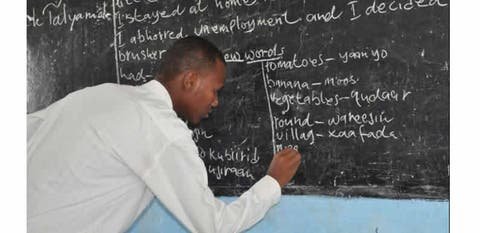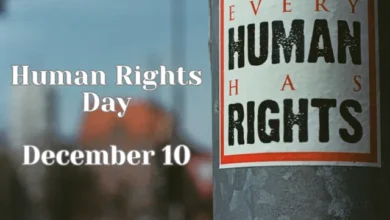Safeguarding the Chibok Girls: A Call for Justice, Protection, and Reunification

Source: daybreaknews.ng
The Story
The harrowing saga of the Chibok school girls, abducted by Boko Haram in 2014, continues to unfold with distressing revelations. While the Nigerian government claims to have rescued 17 of the girls, these girls and their children remain in the custody of the Borno state government rather than being reunited with their parents. This situation has sparked outrage and concern among activists and the general public.
Rev. Kallamu Musa Ali Dikwa, Director General of the Centre for Justice on Religious and Ethnicity in Nigeria, alleges that the Borno state government is taking directives from so-called repentant Boko Haram and ISWAP terrorists. According to Rev. Dikwa, these terrorist groups have coerced the government into keeping the girls and their children in state custody to prevent them from being handed over to their “infidel” parents.
The situation is further complicated by the case of Leah Sharibu, a Christian girl who refused to convert to Islam. Despite knowing her whereabouts, the government has allegedly withheld her from public release due to her unwillingness to remain in their custody.
Senses: Child Safeguarding and Protection Principles
The situation with the Chibok girls highlights a significant lapse in the implementation of Child Safeguarding and Protection principles by the relevant stakeholders. The primary concern should always be the well-being and best interests of the children in all situations that involve them. The prolonged separation from their parents and the influence of radical ideologies severely impact their mental health and overall development.
- Best Interests of the Child: Every decision regarding the children should prioritize their best interests. Reuniting them with their families is crucial for their emotional and psychological healing.
- Protection from Exploitation: The girls should be protected from further exploitation and coercion, whether by terrorist groups or political entities.
- Psychosocial Support: Adequate mental health support should be provided to help the girls and their children recover from trauma.
- Education and Rehabilitation: Any educational or rehabilitative efforts should be in a safe, supportive environment, free from ideological manipulation.
Stones: Lessons for Parents, Government, and Society
- Parental Vigilance: Parents must be vigilant about the safety and security of their children, especially in conflict-prone areas. They should advocate for their children’s rights and well-being.
- Government Accountability: Governments must be transparent and accountable in their actions. The welfare of citizens, especially vulnerable groups like abducted children, should be a top priority. There must be an independent investigation into the allegations made by Rev. Dikwa and others.
- Societal Support: Society must offer robust support systems for the victims and their families. Community engagement and solidarity can play a vital role in the rehabilitation process.
- Legislative Measures: Stronger laws and policies are needed to protect children from abduction and radicalization. There should be stringent penalties for those involved in such heinous acts, including collaborators within the government.
Conclusion
The plight of the Chibok school girls underscores the urgent need for a holistic approach to Child Safeguarding and Protection in conflict zones. Governments, parents, and society at large must work together to ensure the safety, rehabilitation, and reunification of these children with their families. Only through concerted efforts can we hope to rectify the injustices they have suffered and provide them with a future free from fear and exploitation.
Read more about this here: https://childreninfobank.com/why-17-rescued-chikbok-girls-leah-sharibu-cannot-be-released-to-their-parents/
Source of Image: Getty Images





